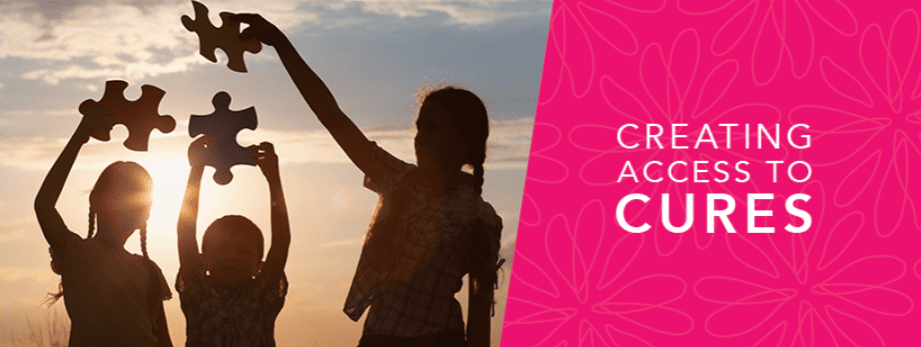
No Patient Left Behind: Non-Profit Caring Cross Hopes to Create Affordable Cell Therapies
With a mission of leaving no patient behind, Caring Cross is developing cell therapy treatments for HIV and other diseases, including various oncology indications and the blood disorders sickle cell disease and beta-thalassemia.
Based in Gaithersburg, Maryland, Caring Cross is a non-profit organization that is dedicated to the development of cell therapies and other advanced medications that will be accessible to patients across the globe. Boro Dropulić, Co-founder and Executive Director of Caring Cross, described the organization as a not-for-profit agency that operates like a biotech company.
Dropulić said the current pricing structure for personalized medications is unsuitable for a broad population and cannot be sustained. He said it is important for the life sciences to figure out ways to address these cost barriers, otherwise people will be left behind and unable to receive these treatments.

“The current cost of many of these advanced therapies is just too high. These treatments shouldn’t cost $500,000. We want to work on new technologies and delivery systems to make these treatments affordable and accessible. We have to make sure no one is left behind,” Dropulić said.
Dropulić said the organization’s decentralized approach to manufacturing the therapies they plan to make will help reduce costs for patients. When products are made locally, Dropulić said that will go a long way to reducing the price of the drug for the end user. He also suggested forming partnerships with other organizations and industry players in order to create an ecosystem that is affordable and sustainable for the long term.
Beyond its decentralized manufacturing strategy, Dropulić said Caring Cross has access to novel technologies that are expected to improve the therapies, including the cost of the vector that is part of the delivery process.
“Our mission is affordability and accessibility of this new pillar of medicine. Cell and gene therapies have already been shown to be transformative for a limited number of diseases and we believe this can be curative for diseases,” Dropulić said. “As this pillar of medicine grows, it’s important to make it affordable and accessible. We want to develop them and make them affordable and accessible across the globe.”
Caring Cross’ first target is HIV. Last month, the organization dosed the first patient in a Phase 1/2a trial evaluating the organization’s Anti-HIV DuoCAR-T cell therapy. The cell therapy has been designed to eliminate HIV-infected cells and suppresses HIV infection long-term in the body after a single infusion. Dropulić said the Anti-HIV DuoCAR-T cell therapy simultaneously kills HIV-infected cells and protects CD4 T cells from HIV infection. Preclinical data showed the cell therapy candidate was able to “potently” suppress HIV and eliminate HIV-expressing cells in vitro and in animal models.
Since it was first understood 41 years ago, HIV has taken the lives of an estimated 35 million people. Approximately 38 million people are living with HIV around the world and over half of them receive antiretroviral therapy. Although there have been significant advances in treatment options that turned HIV into a chronic illness, more can be done. Caring Cross hopes its cell therapy can become a one-time treatment that will relieve patients of the burden of antiretroviral medications and allow them to live a disease-free life. The Phase 1/2a trial is enrolling patients at the University of California, Davis. The trial will evaluate the safety and tolerability of varying single-dose regimens of the Anti-HIV DuoCAR-T cell therapy. The early clinical work will evaluate the safety and tolerability of the therapy but some efficacy data is also expected, Dropulić said.
Beyond HIV, Dropulić said Caring Cross aims to enter the clinic with its beta thalassemia gene therapy candidate next year. Beta thalassemia is an inherited blood disorder that causes the body to make less hemoglobin than normal. The disease is associated with ineffective erythropoiesis, which results in the production of fewer and less healthy red blood cells. Beta thalassemia often leads to severe anemia, a condition that can be debilitating and can lead to more severe complications for patients, as well as other serious health issues.
Beta thalassemia disproportionately affects underserved populations in the U.S. and across the globe. Although there are some treatment options available for beta thalassemia, including bluebird bio’s recently-approved Zynteglo (beti-cel), they can be exceedingly expensive, which Dropulić said makes it difficult for those without resources to receive.







